What is Secured and Unsecured Loans? Difference Between Secured and Unsecured Loans
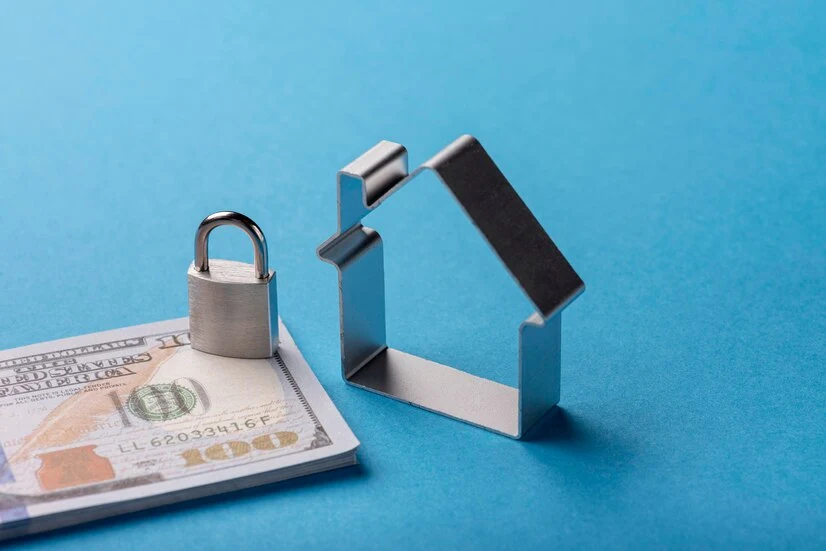
In today’s fast-paced world, loans have become a native part of our lives. All big purchases are usually done by arranging money through a loan like a home loan, personal loan, car loan, etc. Broadly, loans can be categorized as secured and unsecured loan. In this post, you will get to know the difference between secured and unsecured loan.
Collateral is the primary distinction between secured and unsecured loans: collateral is needed for secured loans but is not needed for unsecured ones.
Of the two forms of personal loans, unsecured loans are more prevalent; but, because they are solely dependent on your creditworthiness, interest rates on these loans may be higher.
The main distinctions between secured and unsecured personal loans, their available lenders, and the qualifying requirements are outlined here.
Read More: How To Calculate Personal Loan Interest Rates?
Difference Between Secured and Unsecured Loans:
What Is a Secured Loan?
As part of the application procedure for a secured loan, you must provide collateral, such your automobile or an investment account. Applying with collateral can help you receive a better personal loan amount or a cheaper interest rate, but if you can't make the loan payments, you run the danger of losing your asset.
Qualification: Compared to unsecured loans, secured personal loans may be simpler to be approved for. Although a lender takes into account your credit history, income, obligations, and score, putting collateral with your application might reduce the lender's risk and increase its confidence in making a loan to you.
Read More: How To Get Personal Loan On Salary Slip
Rates: Compared to unsecured loans, secured loans usually offer lower annual percentage rates. The value of your collateral may have an impact on your rate because rates are determined based on the same criteria that lenders use to assess applicants.
Repayment: Over the course of a few years, secured personal loans are typically repaid in predetermined, monthly installments. Rates on secured loans may fluctuate, resulting in a range of monthly payment amounts.
Risk: There are two consequences for defaulting on a secured loan: first, the lender may take possession of the collateral, often even after a few late payments, and your credit will suffer.
Since it's a secured loan, the effects on your credit will not be mitigated by even one late payment, which can lower your score by as much as 100 points.
Where to acquire them: Although secured loans are more frequently obtained via banks and credit unions, you may also get them from internet lenders and credit unions. These loans are commonly secured by an account, such as a savings or certificate of deposit, which you cannot touch until the loan has been fully returned.
Funds from a secured personal loan can be applied to nearly any kind of purpose. You might use your own automobile as collateral for the loan, but you could also utilise the money for a major project around the house or anything else.
What Is an Unsecured Loan?
Since collateral is not needed for an unsecured loan, loan approval is determined by your credit. While they won't run the danger of losing an asset, some borrowers may end up paying more interest than they would with a secured loan.
To be eligible for an unsecured loan, borrowers should ideally have strong or exceptional credit (690 credit score or above). To determine if you qualify, lenders look at your debt-to-income ratio, credit score, and past credit history. Certain lenders also look at other information, such as your residence and college degree.
Rates: The fixed rates for unsecured loans normally vary from 6% to 36%. The most eligible customers often receive the lowest APRs, while those with fair or poor credit scores—scores of 689 or below—will pay higher rates.
Repayment terms for unsecured loans are typically two to seven years, with set monthly repayments required.
Risk: For certain consumers, unsecured loans could be a safer option. Only your credit will be impacted if you don't make the repayment. Should you be unable to make your monthly payments, some lenders let you to enrol in a hardship plan. These programmes may include reductions in or postponements of monthly payments.
The loan may be transferred to collections if it is in default, which occurs 30 to 90 days after a missed payment. At that point, the collections agency may file a lawsuit against you.
What is better- Secured vs. Unsecured Loan?
Pre-qualifying to discover the rates a lender can provide you with is a smart idea if you believe an unsecured loan would be a suitable option for your financial circumstances. Pre-qualifying might help you determine how the monthly payments will fit into your budget and has no impact on your credit.
If you believe that a secured loan would be a better choice, weigh the risk and benefit of borrowing money. For instance, losing your automobile might result in a loss of income if you depend on it for transportation to work and a lender has secured a loan against it.
Collateral is not usually required for personal loans offered by certain internet lenders to customers with poor credit. Collateral, however, can be a useful tool to help you acquire a cheaper rate if you're sure you can make your payments on schedule.
Read More: 7 Factors That Affect Personal Loan Requirements
FAQs
When Is a Secured Loan the Right Choice?
If you desire a larger loan amount at a significantly lower interest rate, then getting a secured loan makes sense. Furthermore, secured loans make sense if your credit history is poor or unavailable. This is so because the borrower's credit history is taken into account when approving an unsecured loan.
Which kind of personal loan has the simplest approval process?
A loan with a smaller loan amount and a shorter term is usually the simplest to be accepted for. Although lending standards may vary, loans with less documentation needed, lower credit score requirements, and smaller loan amounts are typically easier to get.
How much is the most I can take out on an unsecured loan?
A personal loan's maximum loan amount is determined by a number of variables, such as your income, creditworthiness, and the terms set out by the lender. Personal loan sums in India usually vary from few thousand to several lakhs of rupees.
Conclusion
In conclusion, understanding the distinction between secured and unsecured loans is crucial for making informed financial decisions. Secured loans require collateral, offering lower interest rates but posing a risk to assets. On the other hand, unsecured loans, reliant on creditworthiness, may have higher interest rates but don't jeopardize assets. The choice between them depends on individual circumstances, risk tolerance, and financial goals. Before deciding, it's advisable to pre-qualify and assess the impact on your budget, ensuring a well-informed and suitable borrowing experience.
Verify Phone Number
Related Post
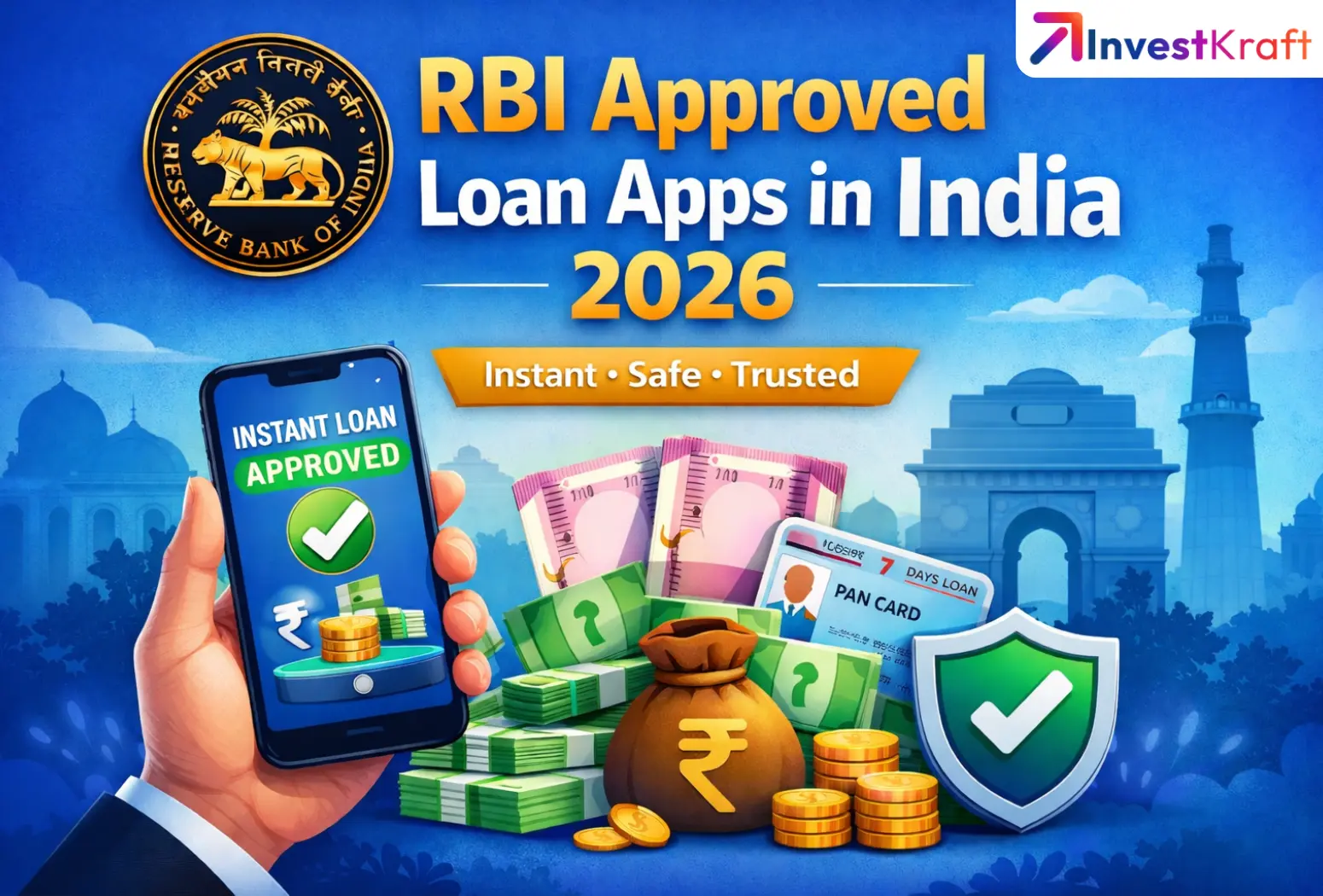
RBI Approved Loan Apps in India 2026: Best Instant & Safe Loan Apps List
Instant loan apps have completely changed how Indians borrow money. Whether you need ₹1,000 ur...
Read more...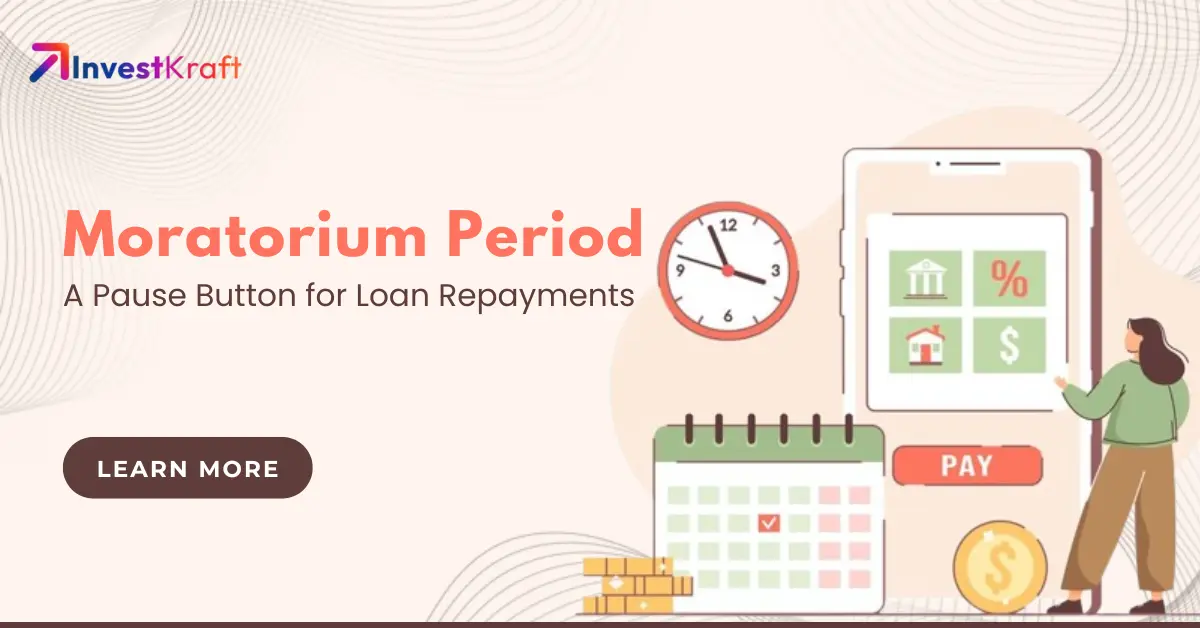
How Does the Moratorium Period Act as a Life Raft for Borrowers?
Financial jargon, whether taking a loan or opening a bank account, can be confusing and tricky. Thes...
Read more...
New to Credit? Stop Worrying and Build Your Credit with These Essential Tips
Establishing and maintaining a healthy credit score can seem overwhelming, particularly for new borr...
Read more...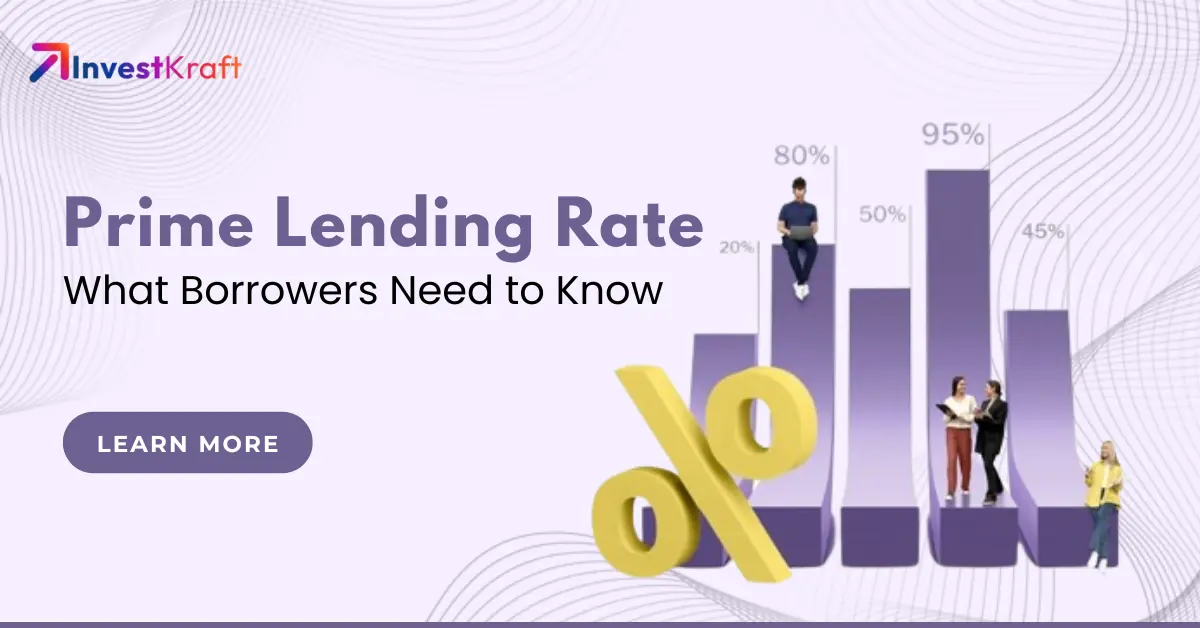
Prime Lending Rate: A Friend or Foe for Borrowers?
When purchasing items on credit, it is common to need a financial investment and many turn to loans...
Read more...
Top 10 Foreign Banks in India 2025
Foreign banks bring crucial international expertise and capital to India’s BFSI industry, benefiting...
Read more...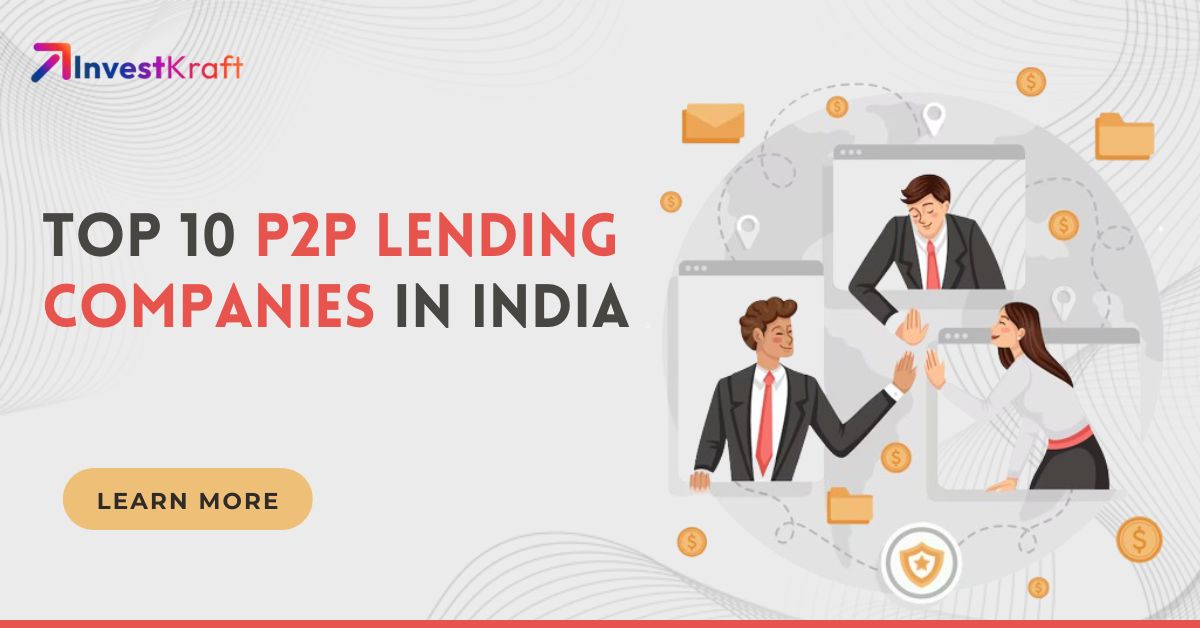
Top 10 P2P Lending Companies in India 2025
Peer-to-peer lending, or P2P lending, offers a way for individuals to borrow and lend money without...
Read more...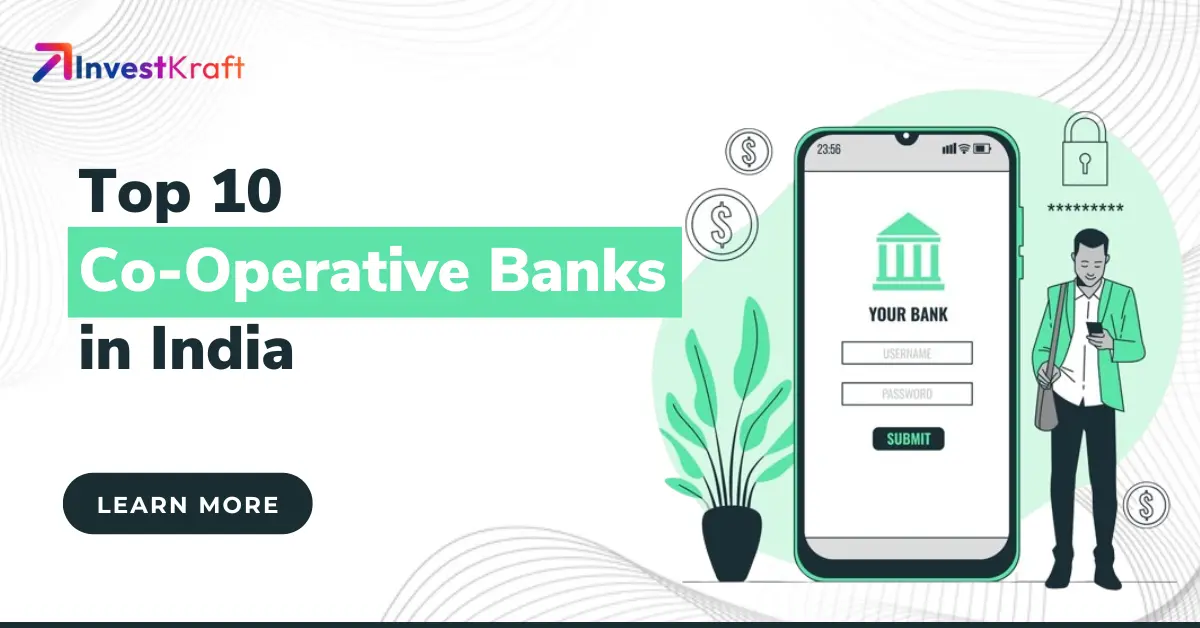
Complete List of Cooperative Banks in India 2025 – Urban & Rural Co-ops Banks
The role of cooperative banks in a rapidly growing nation like India is of crucial importance. The c...
Read more...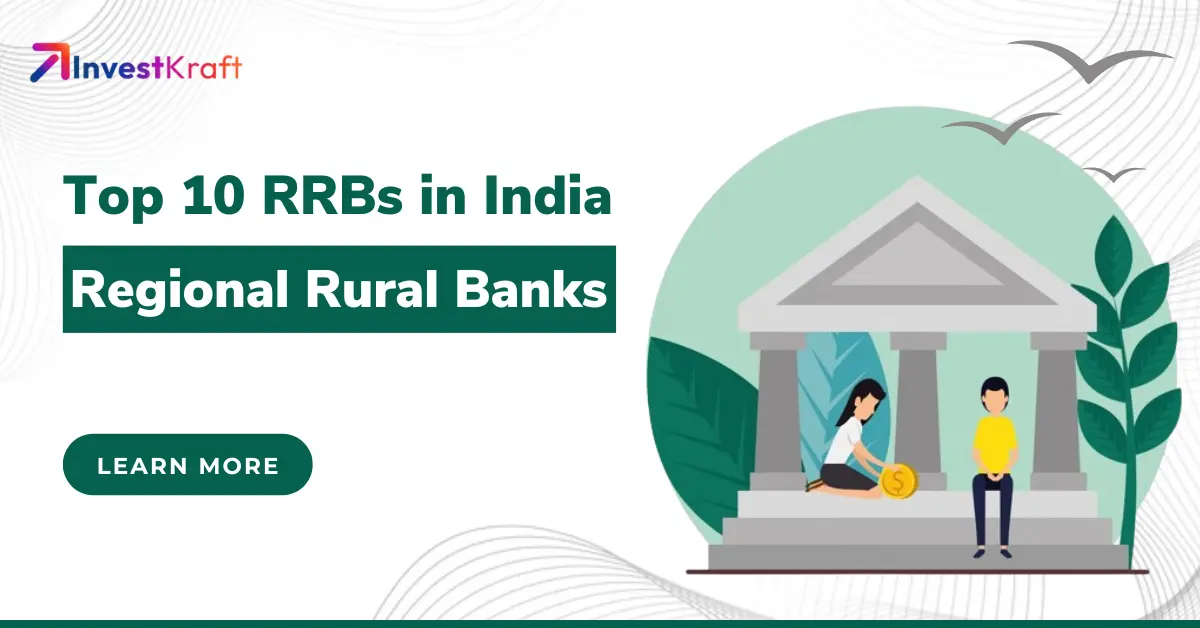
Complete List of Regional Rural Banks (RRBs) in India 2025 – Services & Functions Explained
Established on the recommendations of the Narasimhan Working Group in 1975, Regional Rural Banks (RR...
Read more...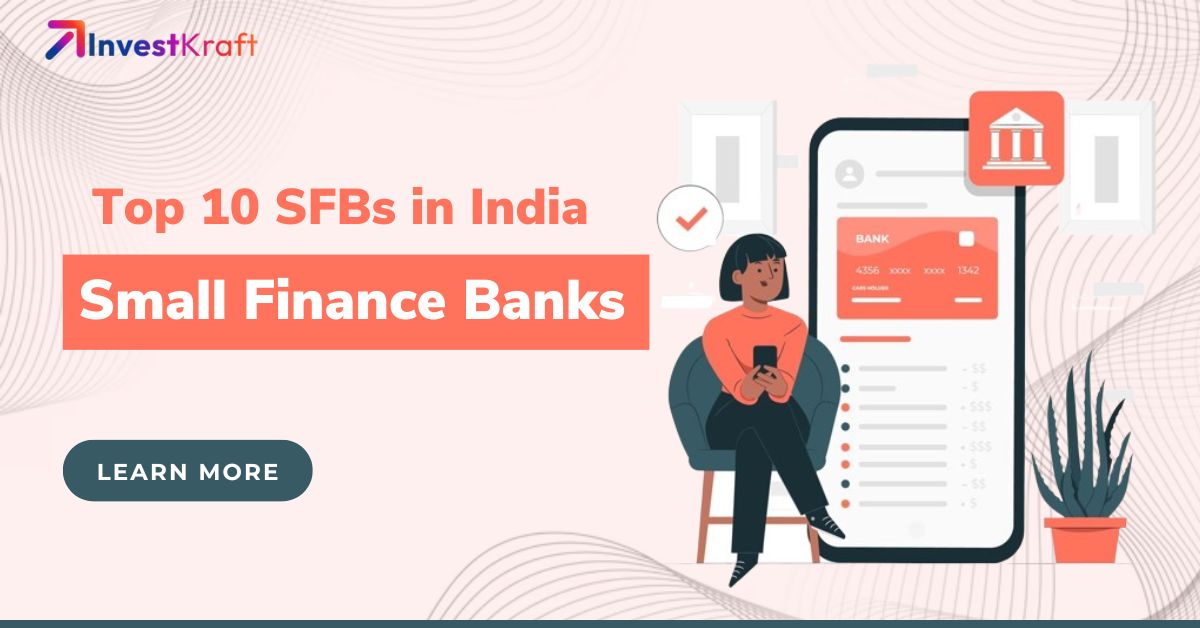
Top 10 Small Finance Banks (SFBs) in India 2025
Small Finance Banks aim to empower marginalized groups in society, including small businesses, margi...
Read more...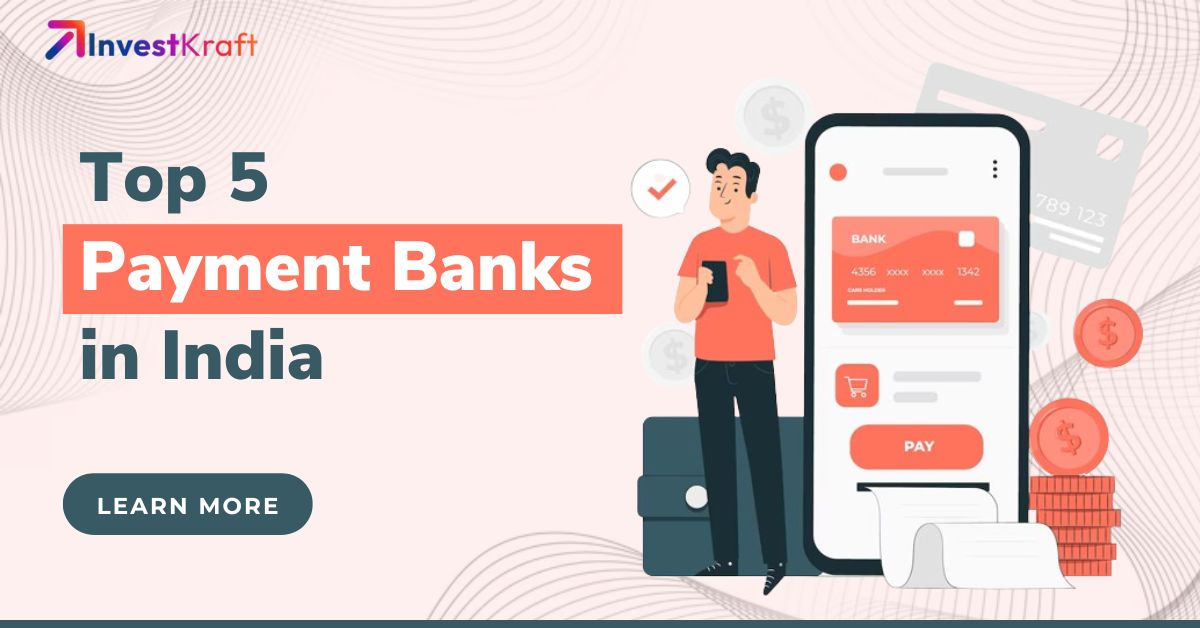
Top 5 Payment Banks in India 2025
In recent years, India's banking landscape has undergone a significant transformation with the adven...
Read more...Reach out to our Experts if you have any Doubts
Like the best things in life, Consultations @InvestKraft are free
Drop a Mail or give us a Missed Call & Begin your Investment Journey here







